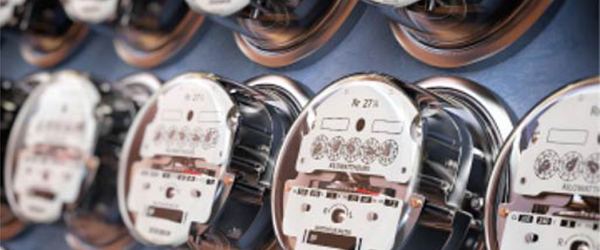The Power of Choice: Energy Competition and the Utility

Written by Matt White General Counsel, IGS Energy Matt oversees the regulatory, legal, and legislative activities for IGS Energy and its affiliate companies throughout the country. He advocates for fair and competitive energy markets, provides legal counsel, executes legislative and regulatory strategy, manages IGS’ inside and outside counsel, and ensures compliance with rules and legal requirements in the states where IGS operates
Energy competition, also known as energy choice, exists in states where deregulation has been voted into law. Those competitive energy markets help to keep the energy industry innovative in its product and pricing options, inevitably benefiting consumers. Your state’s current energy industry regulations has a direct impact on your home, your business, and your life. Here’s why:
Utilities are monopolies.
Utilities have exclusive rights to serve customers in a specific geographical service territory. No company can deliver your electric or natural gas supply to you other than your local utility.
Why do we have monopolies?
Most of the time, we have a choice of the goods and services we purchase (think food or gasoline). However, for certain products or services, the government will allow private companies to have monopolies if it does not make sense for multiple companies to compete. Because it would be very difficult for more than one company to build a pipeline network that connects to your home or business, transportation of natural gas and electric is an example of where a monopoly makes sense. In this instance, the government allows a single company (the monopoly utility) to be the only option for customers.
If we already have utilities for gas and electric, why do we need energy competition?
In very select instances, such as the development of the actual pipes and wires infrastructure, it does make sense to have a monopoly; however, when it is possible for companies to compete to provide products or services (like for the actual gas and electric traveling across the pipes and wires) it is in the consumer’s best interest to have competition. Think about buying a pair of shoes. If everyone had to buy their shoes from Amazon.com, then Amazon would be the monopoly. It would mean you wouldn’t be able to shop around for a better price, AND there could be a risk of Amazon running out of the shoe if there are more orders than shoes available.
Competition makes pricing more efficient. Period.
Monopolies have little reason to innovate or provide better pricing or services because they’re really the only option consumers have. In contrast, the more companies there are competing for your business, the lower the prices of products and services will go. This is a proven fact in every industry. And in states where there is competition among energy suppliers, prices have actually fallen over the years.
Choosing a supplier gives you more control.
If you live in a deregulated state, you have the opportunity to choose a supplier for your natural gas and electricity. In a deregulated state, you can visit your Public Utility Commission’s website to compare rates across your utility and suppliers.
Let’s keep in touch.
Here at IGS Energy, it’s one of our goals to be transparent and honest about the industry we work in. We hope to help consumers better understand their options and become more engaged. You can leave us your email address by clicking below. We’ll send you the latest goings-on in the world of energy and how things may impact you.